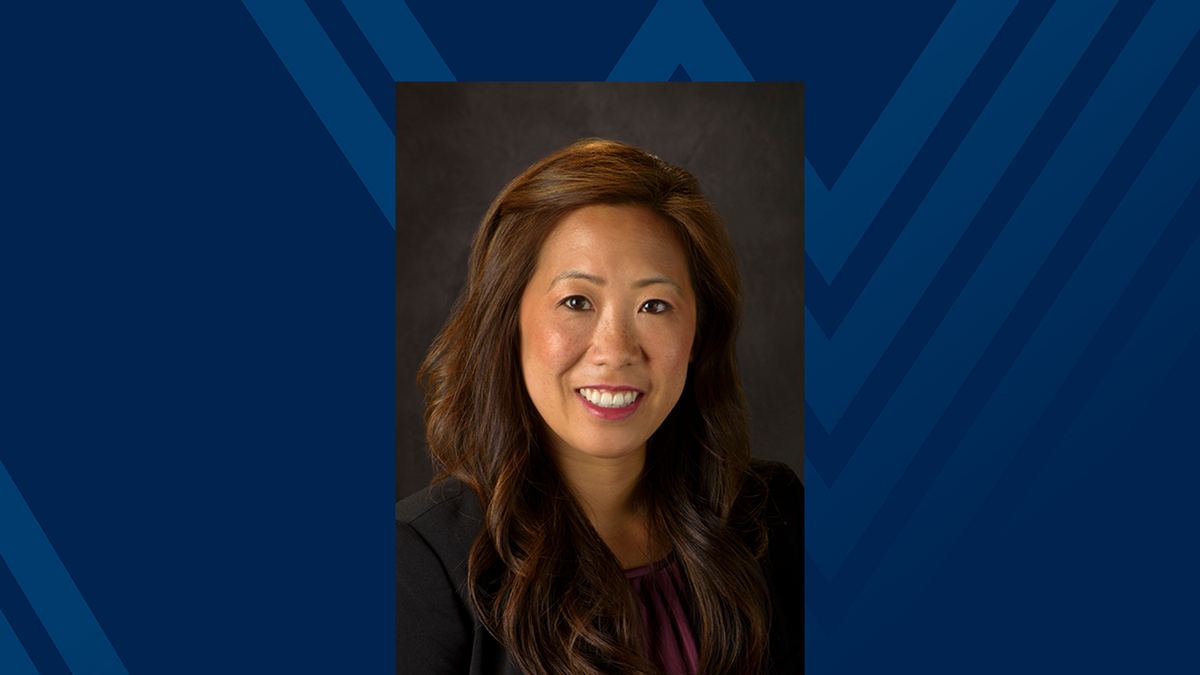Tracy Liu, Ph.D.

“I aim to build a sustainable cancer research program that, through collaboration with clinicians at the WVU Cancer Institute, translates our lab-based discoveries into clinical applications. I hope to make a meaningful on cancer patient care and outcomes.”
Why did you choose to become a doctor/researcher/expert in your field? Was there a specific “a-ha” kind of moment?
During my senior year of college, my mother was diagnosed with Stage IIIB colon cancer. Until then, I had been uncertain about my path after graduation. I had just completed a summer research internship at the Ontario Cancer Institute at the University of Toronto but wasn’t sure if I was suited for a career in research. Her diagnosis changed everything. I became determined to dedicate my career to advancing cancer treatments, believing it was the most meaningful way I could contribute to the fight against cancer.
Why did you choose your field? Does it have any special significance for West Virginia?
My Ph.D. is in medical biophysics, a field that allowed me to combine my strengths in STEM with my passion for cancer research. I chose this path because it offers the opportunity to make a meaningful impact by advancing our understanding of cancer and developing better treatment options. This research holds special significance for West Virginia, where cancer prevalence is higher than the national average. By focusing on this area, I hope to contribute to addressing a critical health challenge that affects many families in the region.
Do you have a favorite memory that sticks with you throughout your career?
One of my favorite memories from my career is spending time with my graduate school friends after long days in the lab - sharing stories, supporting each other through challenges, and celebrating small victories together. The friendships I built during that time not only made the tough days easier but also reinforced the value of collaboration and a positive work environment. It’s a lesson I carry with me today as I strive to create a supportive and team-oriented culture in my own research program.
What’s the best thing about doing what you do?
I get to feel hopeful. I’m hopeful that my work will impact the future of cancer care. I’m hopeful that I can help train the next generation of scientists. I’m hopeful that I can continue to fight for a diverse, equitable and inclusive environment in research which is essential to driving excellence and innovation.
What are your aspirations while at WVU?
I aim to build a sustainable cancer research program that, through close collaboration with clinicians at the WVU Cancer Institute, translates our lab-based discoveries into clinical applications. By bridging the gap between the bench and the bedside, I hope to make a meaningful impact on cancer patient care and outcomes.